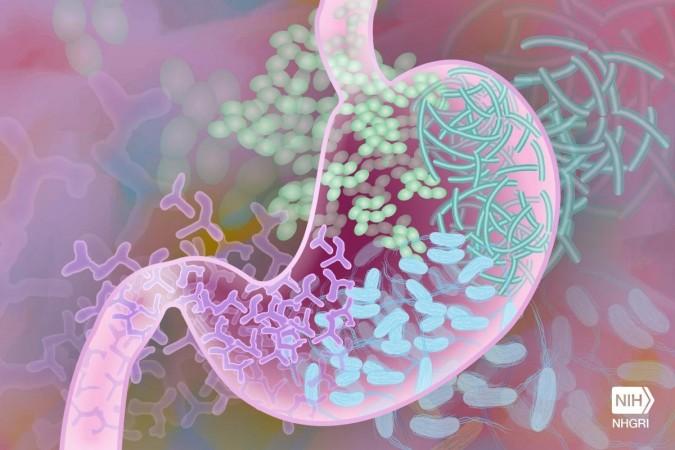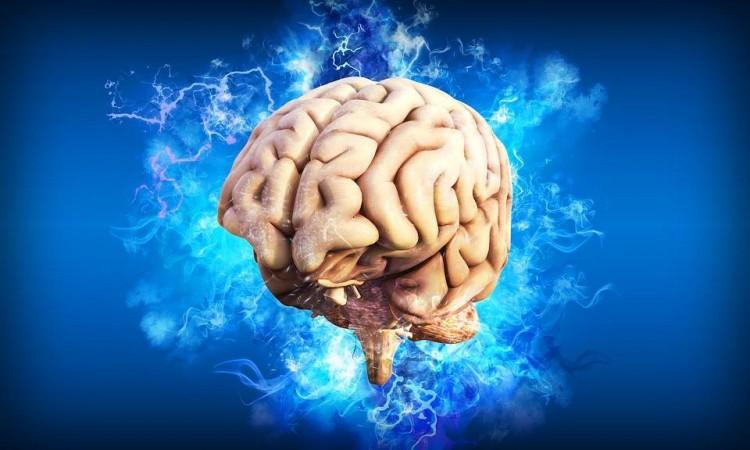As people age, it is not just the exterior of the body that deteriorates. The brain in particular undergoes age-related decline, and impairment of cognitive functions ensues. However, effective therapeutics to reverse this remained elusive until now but a new study found a way.
Now, scientists have demonstrated that microbes in the gut can help reverse the aging and degeneration of the brain, thereby, finding a potential route to turn the brain clock back, with far-reaching potential to treat Alzheimer's and other memory-lapse brain diseases.
In a new study, researchers from APC Microbiome Ireland (APC), a research center at the University College Cork (UCC), have shown that the transplantation of microbiota from young mice into older mice could reverse several aspects of brain aging. Not only did it lead to the rejuvenation of certain areas of the brain but also improve its immunity and chemical balance. Dr. John F. Cryan, principal investigator at APC, led the research.
"This research of Prof. Cryan and colleagues further demonstrates the importance of the gut microbiome in many aspects of health, and particularly across the brain/gut axis where brain functioning can be positively influenced. The study opens up possibilities in the future to modulate gut microbiota as a therapeutic target to influence brain health," said Dr. Paul Ross, director of ACP, in a statement. The study was published in the journal Nature Aging.
Transplanting Gut Microbiota

Aging of the brain increases the risk of neurodegenerative diseases Alzheimer's disease, Parkinson's disease, Lou Gehrig's disease, and also other cognitive impairments. It plays a crucial role in their onset and progression. While treatments exist to probably dampen their development, there are none to reverse the damage.
There has been increasing understanding about the significance of gut microbes in overall health. Several studies have shown that there is a close link between gut microbiota and the aging process. Previous research by the APC itself has evidenced that microbes in the gut play a role in the maturation and activation of certain brain cells.
In order to ascertain the role of microbiota in the aging of the brain, the team conducted transplantation of microbes in a mice model for the current study. The authors transplanted microbiota from mice that were either young (three-four months old) or older mice (19-20 months of age) into aged recipient mice (19–20 months).
Reversing Aging of the Brain

It was found that the transplantation of microbiota from young donor mice led to the reversal of aging in certain areas of the brain (peripheral) and its immunity in old recipient mice. In addition to this, the hippocampal metabolome (metabolites in the hippocampus of the brain) and the transcriptome (full array of messenger RNA, or mRNA, molecules expressed) were also found to be rejuvenated. Importantly, the microbiota from young donor mice lessened selective age-related impairments in the cognitive behavior of aged hosts.
Dr. John F. Cryan, lead-author of the study, stated, "This new research is a potential game-changer, as we have established that the microbiome can be harnessed to reverse age-related brain deterioration. We also see evidence of improved learning ability and cognitive function." However, he cautioned that there is a long way to go and much more work is needed to see how these findings could be translated into humans.















